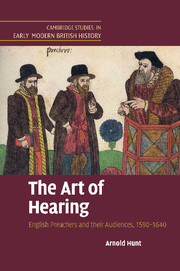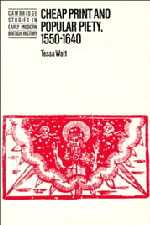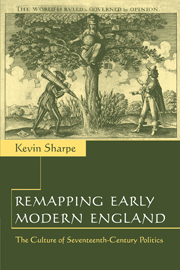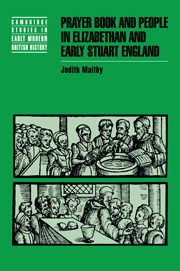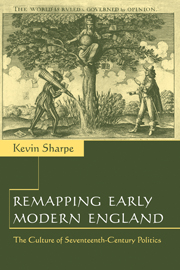The Art of Hearing
This ground-breaking study of early modern English preaching is the first to take full account of the sermon as heard by the listener as well as uttered by the preacher. It draws on a wide range of printed and manuscript sources, but also seeks to read behind the texts in order to reconstruct what was actually delivered from the pulpit, with due attention to the differences between oral, written and printed versions. In showing how sermons were interpreted and appropriated by their hearers, often in ways that their authors never intended, it poses wider questions about the transmission of religious and political ideas in the post-Reformation period. Offering a richer understanding of sermons as complex and ambiguous texts, and opening up new avenues for their interpretation, it will be essential reading for all students of the religious and cultural history of early modern England.
- A unique examination of the 'sermon culture' of early modern England, shedding new light on the relationship between speech, manuscript and print
- Contains new insights into popular, political and theological interpretations of early modern preaching
- Will be of interest to scholars of early modern British history, literary studies and religious studies
Reviews & endorsements
"… offers a fresh and richly textured account of sermon culture, considering the contributions and attitudes of the audience as well as the preacher … Sermons were unique performances, and one of the striking features of Hunt’s book is his commitment to examining them as such. He never loses sight of the broader culture of which they were a part, but we see this culture through the eyes of an impressive range of individuals, each located within a particular place and time … Hunt brings to life the world of the early modern sermon, and students of early modern history will benefit from its riches."
Sarah Mortimer, Reviews in History
"A brilliant and original re-examination of the importance of preaching in later Reformation England … provides an exceptionally stimulating discussion of what came to fill people's minds after the statues had been burned and the altars stripped."
Peter Marshall, The Times Literary Supplement
"Hunt’s tenacious pursuit of relevant sources in the dark corners of remote archives, subtle and nuanced readings of sources, new insights into old questions, and accessible prose make this one of the most thought-provoking and truly must-read books of the past ten years for people interested in early modern religion."
Eric Josef Carlson, Journal of British Studies
"This book includes detailed studies of the political and theological controversies in which preachers participated - on usury or on predestination, for example. Yet by far the most exciting thing about this book is that it forces one to reconstruct what Hunt calls "participatory listening", and in the process to listen to "the call-and-response between the preacher and his audience": and to the consistency of popular hatred of papistry."
Gerard Kilroy, Recusant History
"… a masterful and highly readable study of "early modern Protestant preaching" … has much to enlighten and inspire today's homiletical scholars."
Geoffrey Stevenson, The Expository Times
"In The Art of Hearing, Arnold Hunt provides a fascinating account of preaching in late Elizabethan and early Stuart England. Hunt's book will be of value to all students of religious, cultural, and political life in early modern Britain and to anyone interested in the scholarly study of preaching."
Marty Cowan, Churchman
Product details
November 2014Paperback
9781107679825
424 pages
230 × 153 × 23 mm
0.65kg
Available
Table of Contents
- Introduction
- 1. The theory of preaching
- 2. The art of hearing
- 3. From pulpit to print
- 4. Reconstructing the audience
- 5. Preaching and the people
- 6. Reading sermons politically: criticism and controversy
- 7. Reading sermons theologically: predestination and the pulpit
- Conclusion.

